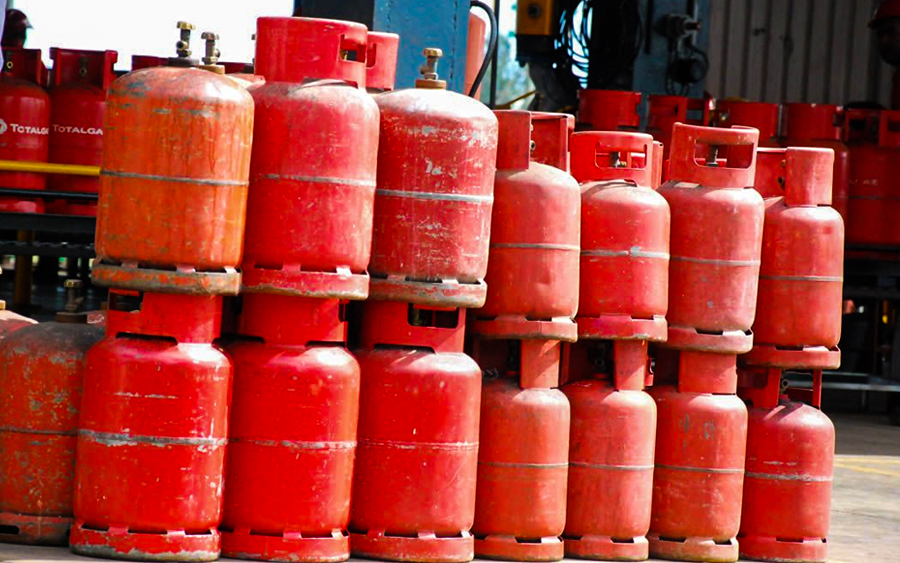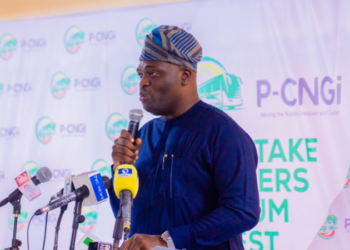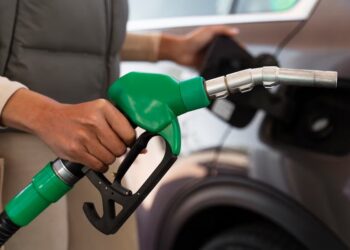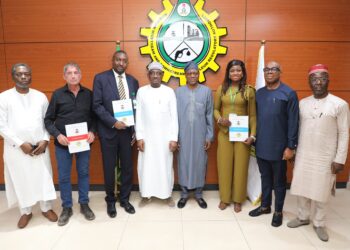The Independent Petroleum Marketers Association of Nigeria (lPMAN) says the over 600% increase in tariffs from the Nigerian Midstream and Downstream Petroleum Regulatory (NMDPRA) between 2020 and 2023 is affecting the cost of petroleum products across the country.
In a statement released to the press on Tuesday in Lagos, Alhaji Debo Ahmed, the National President of IPMAN, pointed out arbitrary and excessive nature of the price hike not only discourages potential investors but also creates barriers for new investors seeking entry, placing a burden on existing businesses.
He highlighted that the resulting increased costs are ultimately transferred to consumers and the public.
He stated,
- “Those that are already in the business will pass the burden to the consuming public and this affects the cost of products.”
- “I think NMDPRA, as an agent to the Federal Government, should advise them on the way to succeed on this removal of oil subsidy,”
- “Between 2020 and 2023, NMDPRA had increased some, if not all, of its operational tariffs to over 600% and added other unnecessary tariffs, generating lines to the already existing ones,”
He provided an example where the calibration cost per tank, previously set at N20,000, has surged to N150,000 per tank, indicating a 650% increase.
Additionally, the price for pressure testing, formerly N20,000 per tank, has also risen to N150,000 per tank.
Impact of the increased tariffs
Ahmed highlighted that the combined impact of these tariff hikes is placing substantial financial strains on both existing and new fuel stations.
He noted that renewing a license for an existing station could now exceed N2 million, while new stations may face expenses surpassing N4 million.
Expressing concern, Ahmed mentioned a newly imposed 5% tax on the sales or acquisition of a filling station. He believed that this tax could potentially discourage sales, mergers, and acquisitions within the industry.
He further explained that these tariff increases run counter to the objectives of deregulation, which aims to attract more investors, open the market, ensure product availability, and provide consumers with more choices.





















There is no justification whatsoever in the hike in tariff. What used to be 20000 naira now goes for 150000 naira. The negative impact on consumer is obvious.